
The cross-company collaborative will be supported by 8 sponsors and will make no-charge genetic testing available for all children under 8 with unprovoked seizures.

The cross-company collaborative will be supported by 8 sponsors and will make no-charge genetic testing available for all children under 8 with unprovoked seizures.
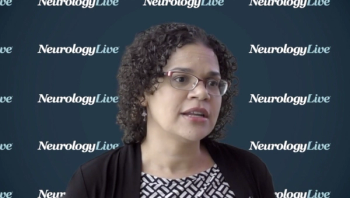
The assistant professor of neurology at the University of Wisconsin discussed the challenges of transitioning patients on the ketogenic diet from pediatric to adult epilepsy care.

Lara Jehi, MD, professor of neurology and co-director of Network Capacity for the Clinical and Translational Science Collaborative of Cleveland Clinic, has been appointed as the inaugural chief research information officer.

Daniel Lowenstein, MD, professor of neurology and executive vice chancellor and provost at the University of California, San Francisco spoke to the research on the gut microbiome and its parallels to epilepsy.

The trial will determine whether autologous hematopoietic stem cell transplantation is a more appropriate treatment option for patients with severe forms of relapsing MS compared to currently available biologic drugs.

MONEAD study data suggest that AED drug exposure in infants is low compared with their mothers who were taking AED therapy, and thus supports the general safety of breastfeeding by mothers with epilepsy.
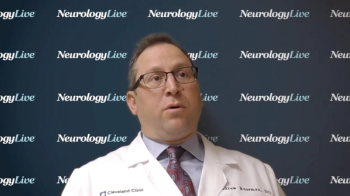
The medical director of the Comprehensive Stroke Center at Cleveland Clinic provided an in-depth look at the problems surrounding access to care, including those that limit the application of telemedicine.
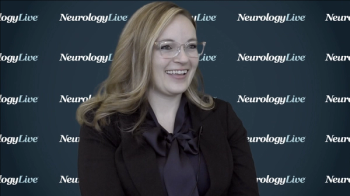
Despite showing great promise to provide additional and supplementary care to patients with a number of conditions, including epilepsy, some barriers remain to bringing telemedicine to more providers and patients.

The guidelines included a review of 23 studies, suggesting that patients with normal neurological examinations do not require neuroimaging assessments as part of migraine treatment.

The drug was associated with significant improvements in sleep onset, sleep efficiency, and wake-after-sleep onset for both doses compared with placebo.
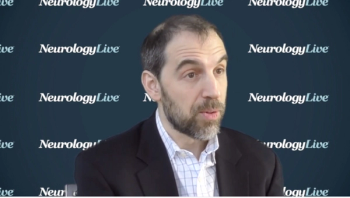
The director of the Pediatric Epilepsy Program at Weill Cornell Medicine detailed ways to utilize quality measures to improve implementation of in patients with infantile spasms.

The newly created 28-question assessment showed improved item targeting compared with the current standard Amyotrophic Lateral Sclerosis Functional Rating Scale.

Neurology News Network for the week ending January 4, 2020.

Recent findings suggest that patients with Parkinson disease may have impaired swimming ability, even in light of motor improvements with treatment.

In this Peer Exchange, experts discussed current SMA therapies, what they have learned, and what the future holds for treatment of this devastating disease.

The oral, dual-mechanism therapy from Axsome Therapeutics met both of its primary end points in the phase 3 MOMENTUM trial in acute migraine, and is expected to be filed with the FDA.

Lasmiditan was efficacious across a number of doses in patients with migraine regardless of prior good or insufficient response to triptan administration.

More aggressive strategies in the treatment of multiple sclerosis have created an opportunity for physicians to refine the way they address a first demyelinating event, and perhaps change the course of disease.

The director of the Pediatric Epilepsy Program at Weill Cornell Medicine detailed the reasons behind why patients with infantile spasms do not receive recommended care.

With a differential diagnosis that varies from patient to patient, identifying and treating vestibular migraine continues to challenge even the most experienced clinicians.

The approvals introduced several new classes of drugs, including the ditans and gepants in migraine, as well as novel formulations that can ease the administration of treatments for Parkinson disease and epilepsy.

The staff epileptologist at Cleveland Clinic’s Epilepsy Center spoke to the benefits of telemedicine for patients with epilepsy, and how the practice can alleviate a number of burdens.

The director of the Jefferson Headache Center at Thomas Jefferson University detailed the most notable achievements from 2019, and what to expect in the coming year.
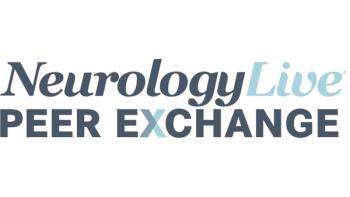
Catch up on some of our most popular Peer Exchange panels with experts in the field, including discussions on epilepsy, migraine, multiple sclerosis, and more.

"Mind Moments," a podcast from NeurologyLive, brings you an exclusive interview with Daniel Lowenstein, MD.

WVE-120102 is the first allele-selective molecule that preferentially lowers mHTT protein by targeting SNP2 in order to maintain levels of healthy or wild-type HTT protein.
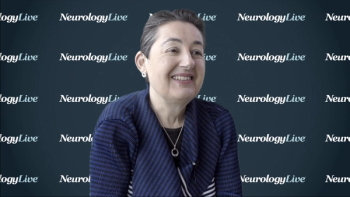
The professor of neurology at NYU Langone offered insight into the state of affairs with current seizure rescue medications and added her insight into how intranasal diazepam may improve the patient experience.

The vice president and chief medical officer of the Neurology Business Group at Eisai discussed the company's decision to continue efforts on amyloid therapy despite prior setbacks.

Catch up on some of our most popular video interviews with leaders in the field, including discussions with Imad Najm, MD, James Leverenz, MD, Richard Isaacson, MD, and more.
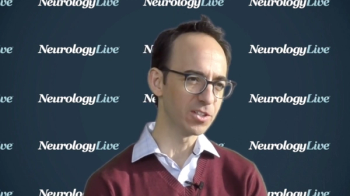
The director of Infantile Spasms Program at UCLA Mattel Children’s Hospital discussed why learning more about patients with infantile spasms may lead to further breakthroughs on the origins of autism spectrum disorder.